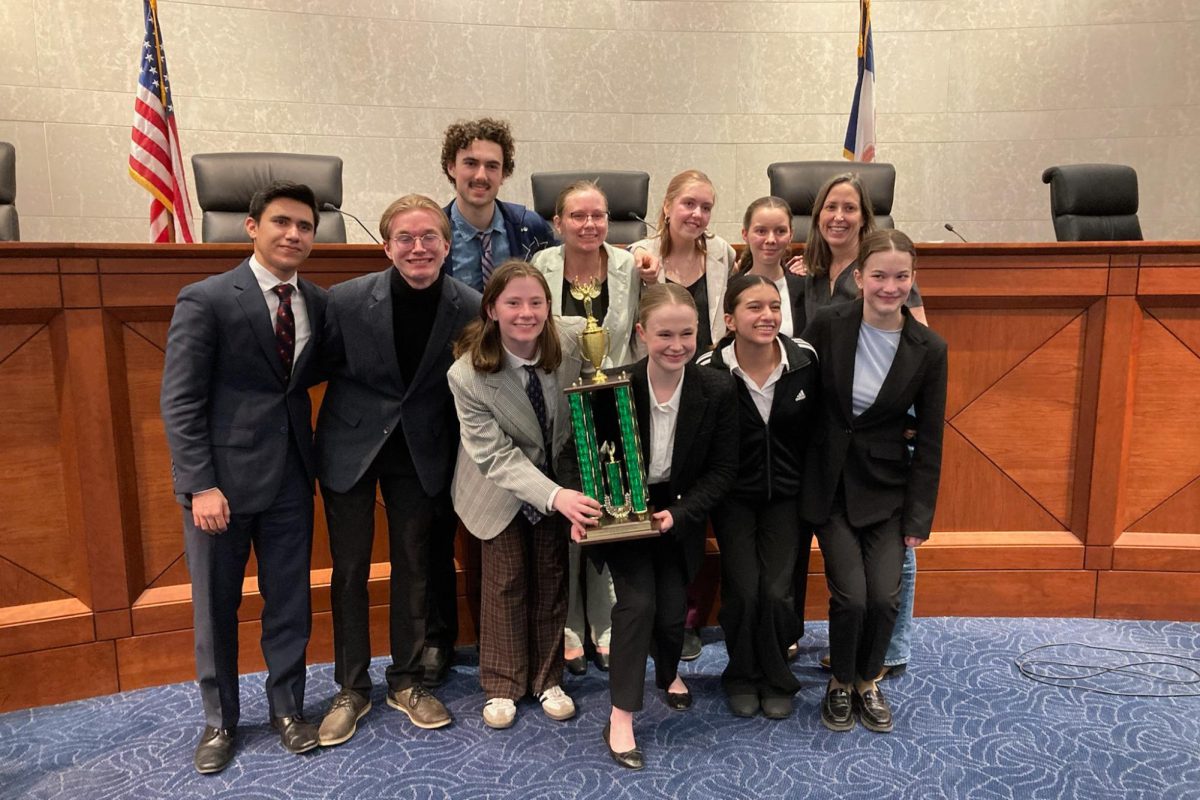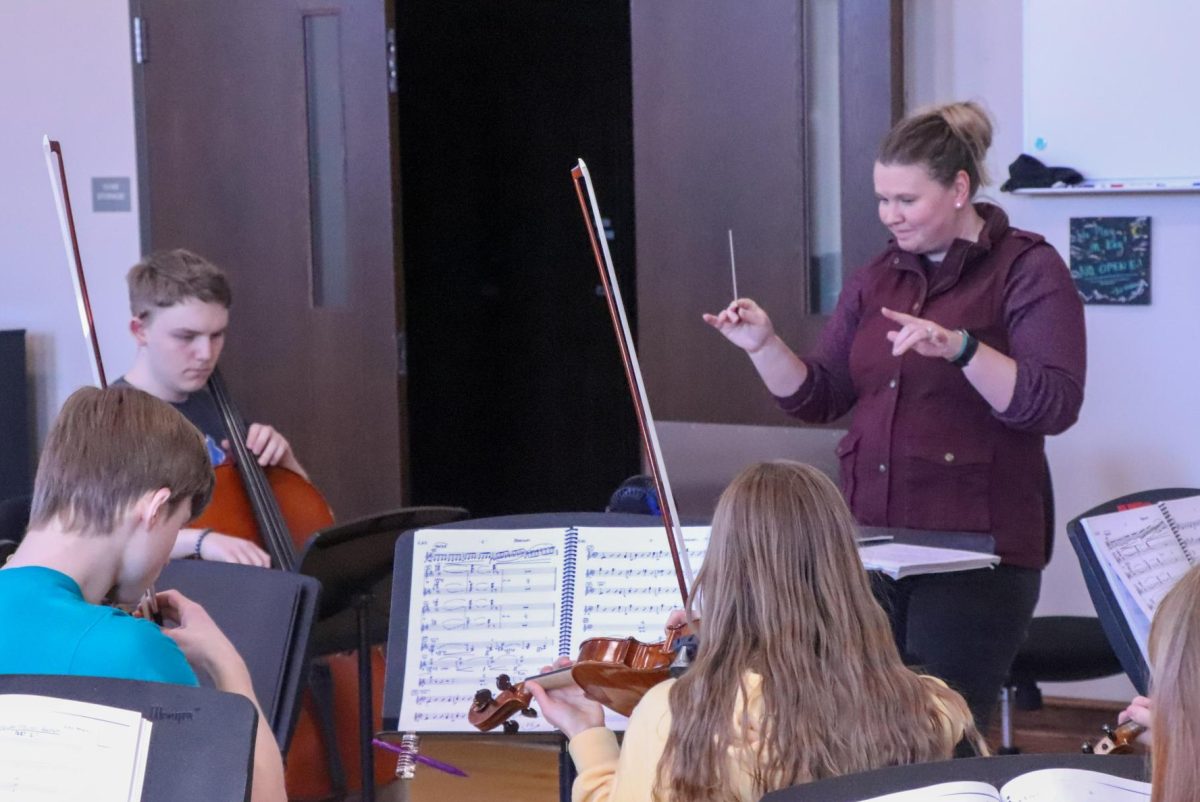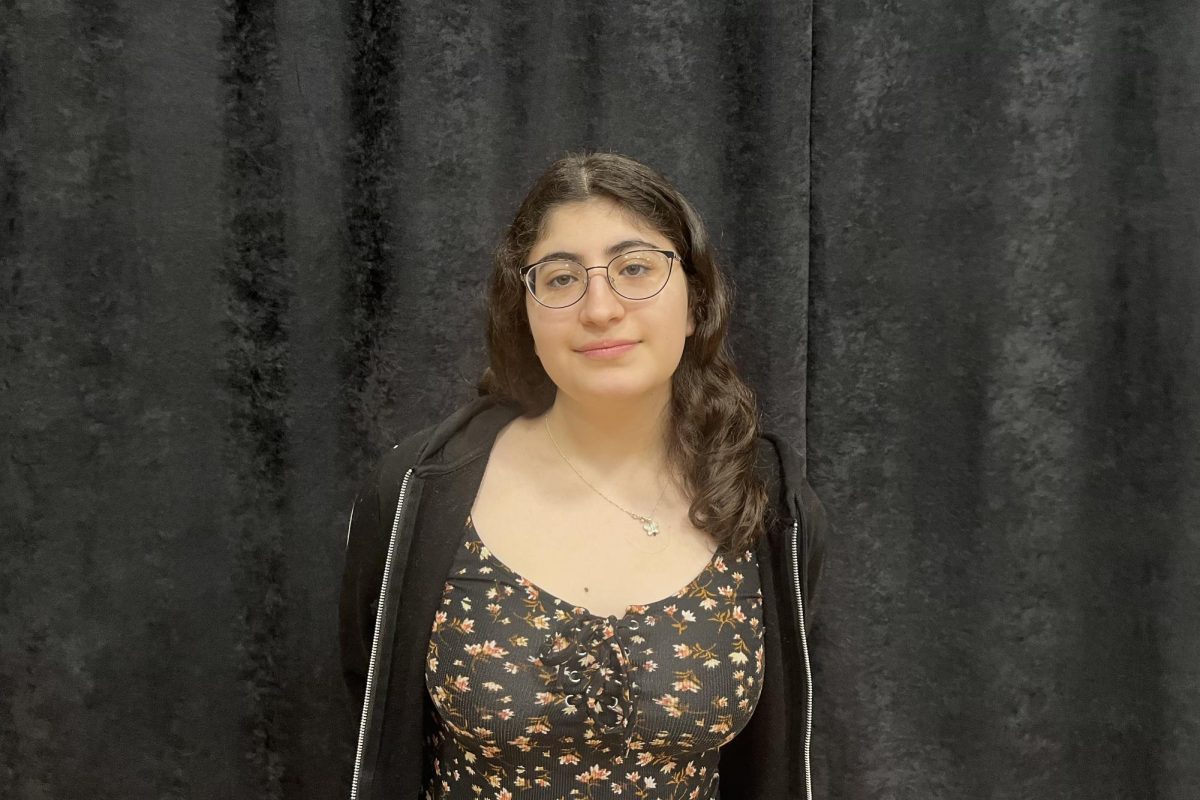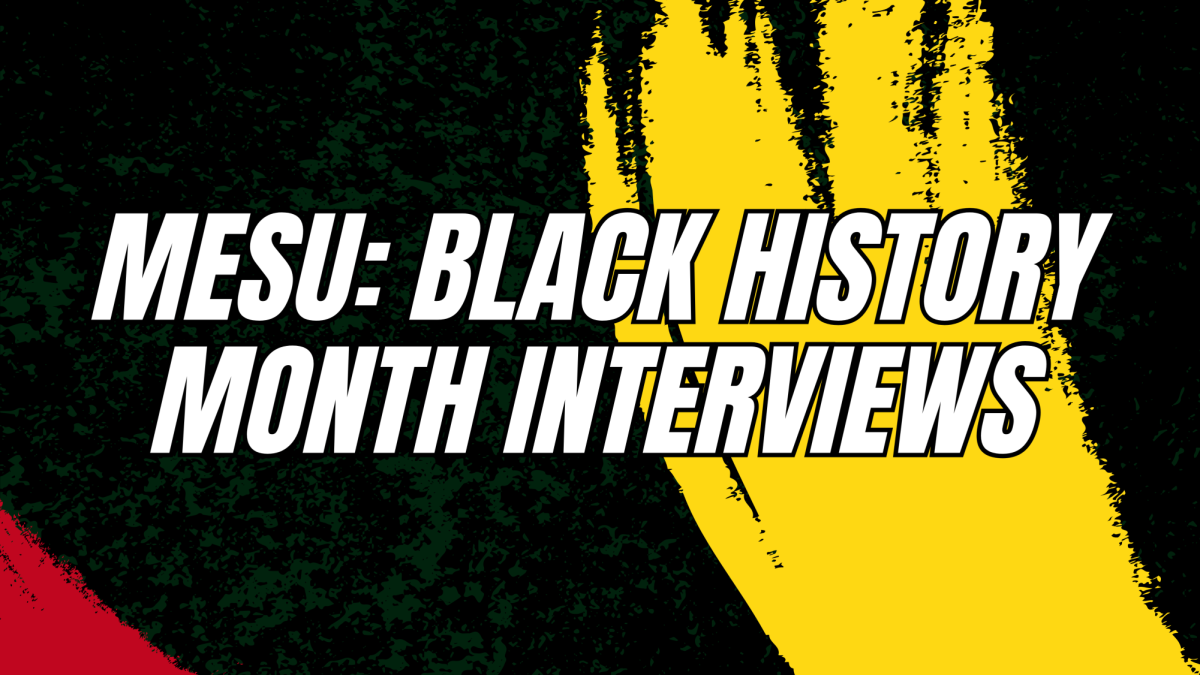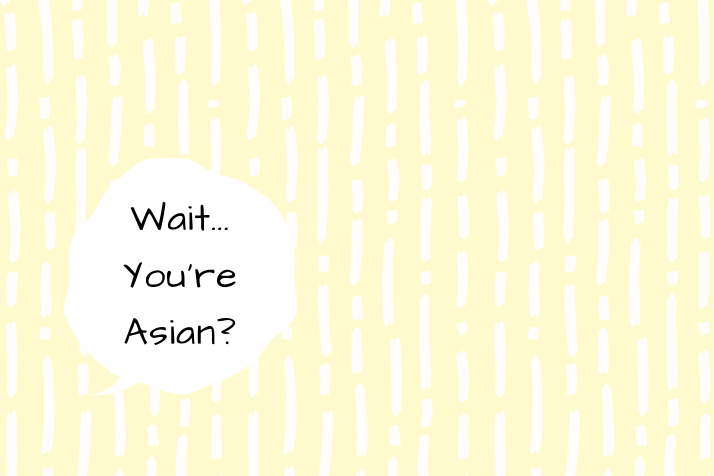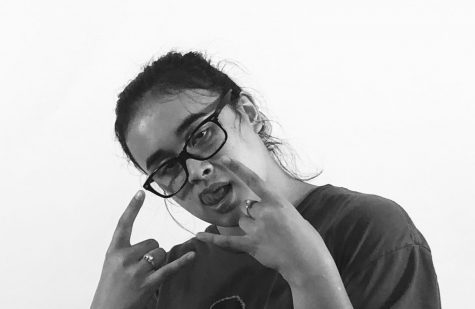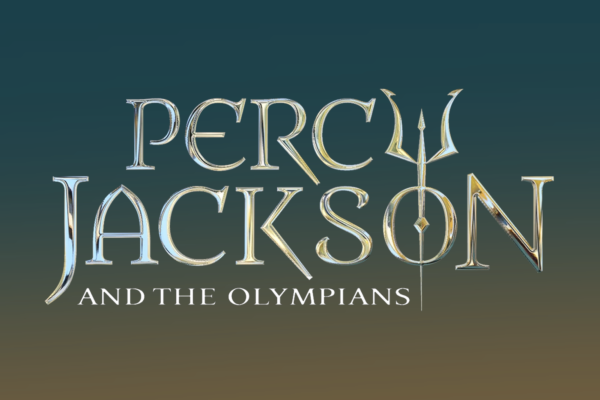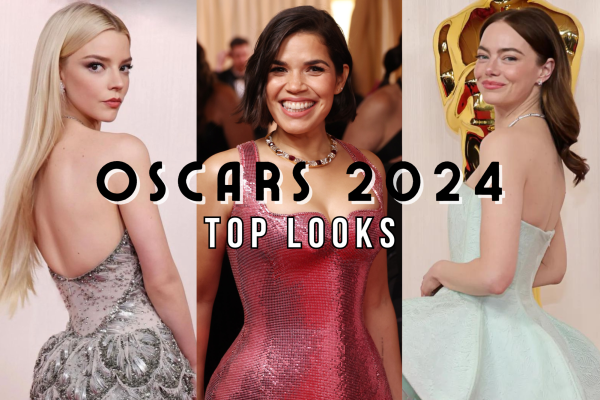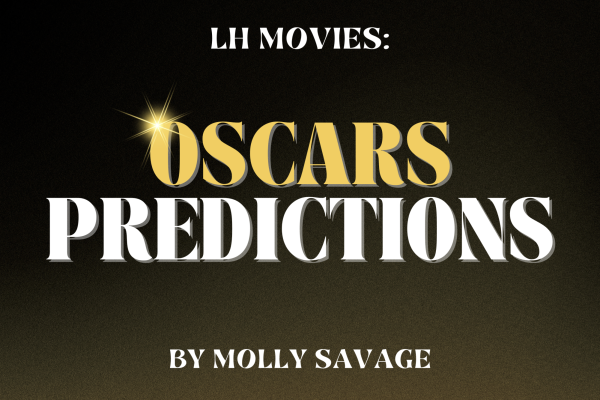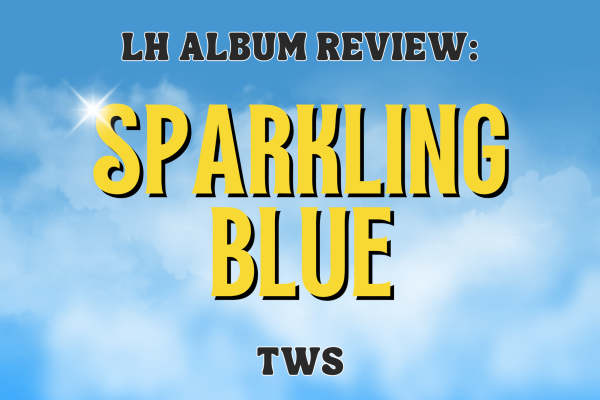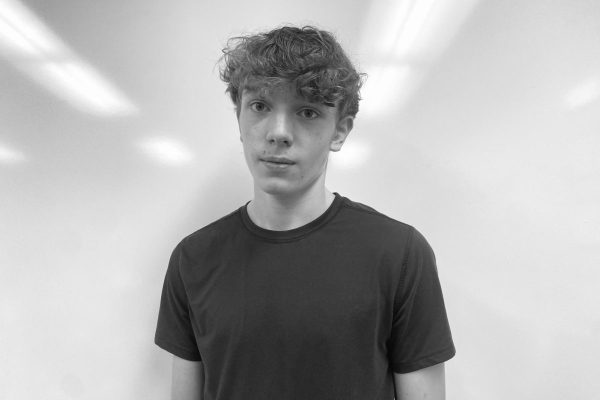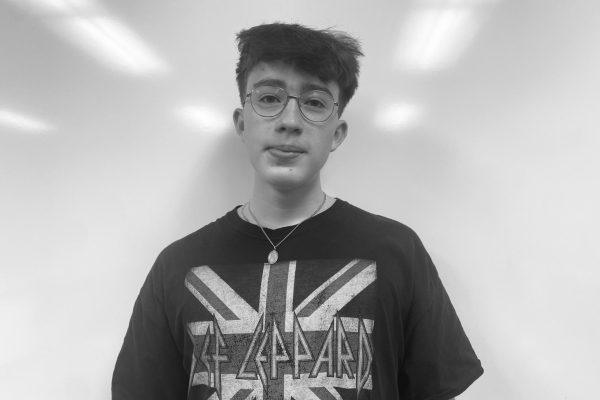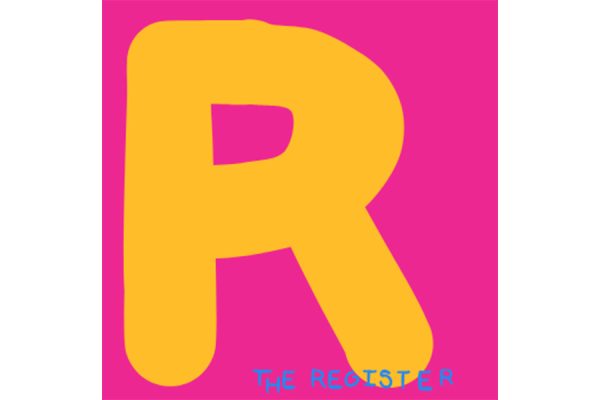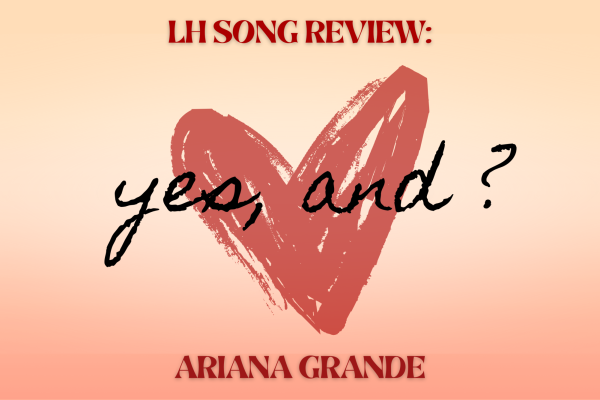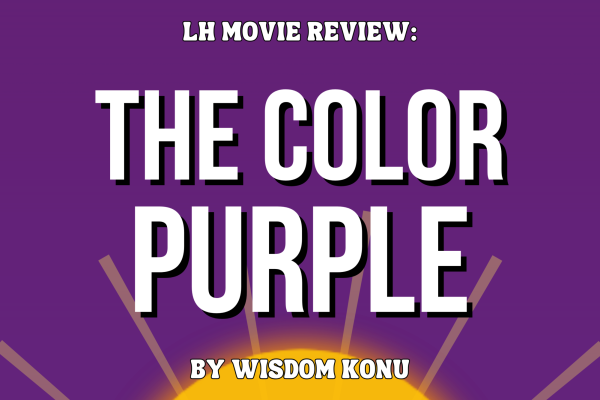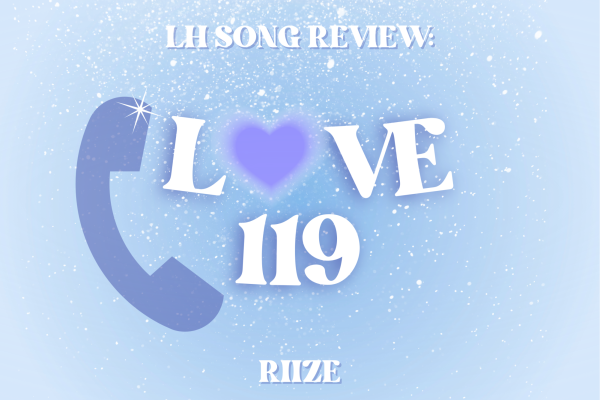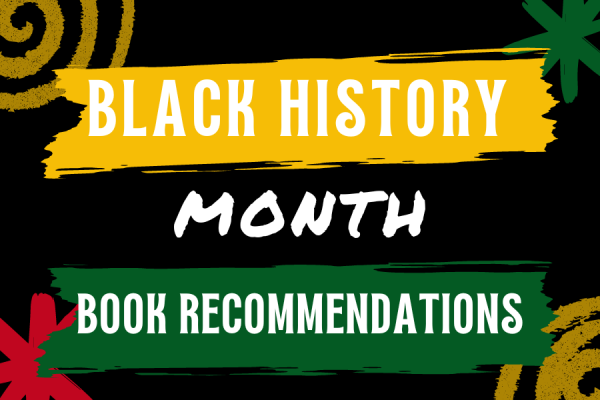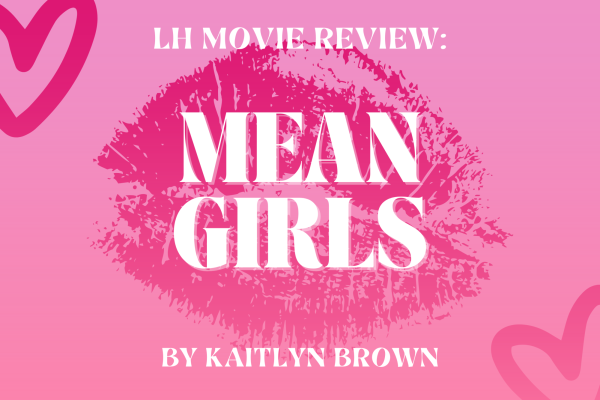Wait…You’re Asian?
Infographic by Emme Perencevich
When you grow up in a mixed-race household hearing many different languages, eating many different foods, and experiencing many different cultures, even many different religions, you become a blend of all these different things. For us, being American-born Asian-Europeans means that nobody quite knows what we are. “Chinese, Japanese, maybe from one of those islands south of Vietnam? Or maybe…Hawaiian? Are you North or South Korean? Wait, if you’re Thai does that mean you’re from Taiwan or Thailand?”
One thing that’s a struggle for us, apart from the strange questions people feel perfectly comfortable asking, is determining our own “race.” When asked to identify which race we prefer we have many options, the first being “I’m mixed.” It’s the easy answer, but often brings up more questions than it’s worth. We could also answer “Asian,” or more specifically Korean and Thai.
Something that we struggle with is answering “white.” This is primarily due to the stigma surrounding this answer. Non-biracial people often categorize mixed people by their minority parent. Born out of an American antebellum, anti-egalitarian law, the “one drop rule” states that even persons with black ancestry several generations back should be classified as black. Though this law has since been defunct, the sentiment still remains. Biracial people can check the “white” box if we want, but only if we check the “Asian,” “Hispanic,” or “Black” box too.
While “What ARE you?” is one of the questions we dread the most. People ask us questions laced with racism, not even thinking about how offensive they are. It’s frustrating because most people don’t even realize they’re being racist. However, every once and a while we get a question that makes us laugh. From “Do you eat dogs?” to “Do you eat rice, like, every day?” the food-related questions are only a little less racist than the ones concerning our races. Even though we are “Asian,” we don’t eat only Asian food. We both like American foods like hamburgers and Mexican foods like quesadillas and our food choices go far beyond Asian cuisine.
There are certain cultures that people just expect us to be a part of and others that people are surprised to hear we are. We are both Buddhists to varying degrees, but often people are unsure of what that even means (apart for those who have taken WHAP with Mr. Schumann or Mrs. Dickson. Then you should know what it means). In Iowa City, there aren’t even temples we can go to express our religion because it’s that “unconventional.”
It’s difficult for us to find places where we belong; we don’t really have one race, one culture, or one people. Others often blend or group us together with other ethnic groups, but often we aren’t received by either of our races. We are neither entirely white nor entirely Asian, and there are too many types of “mixed” for us to fit into that broad classification. So, we wander the brink, on a three-way crossroad that hopefully leads to somewhere we belong.
Another part of Asian culture that has been brought over to the United States is the way Asian-American children are brought up. Our parents pushed us to work hard and try our best no matter what, no different than lots of American families, but again the stereotype that “all Asians are smart,” is far from true. We were taught the values of hard work by our parents, but there is nothing, biologically, that makes us smarter. At times we can be competitive, but, like most stereotypes, this definitely isn’t true of all Asians.
It’s not your race that defines you, but who you are as a person. We, as people, are not always equal, but our differences are what makes us unique. Every person has their own stories, their own beliefs, their own cultures, languages, foods, and selves that make them who they are. These differences should not be a basis on which to judge a person. In an ideal world, these differences wouldn’t be “different,” or “foreign,” they would just be normal. Things we can’t choose shouldn’t define who we are. The things we do choose shouldn’t make us strange or alien. People should be accepted for who they are and what they believe without preventing others from being themselves too.
Your donation will support the student journalists of Iowa City High School. For 2023, we are trying to update our video and photo studio, purchase new cameras and attend journalism conferences.
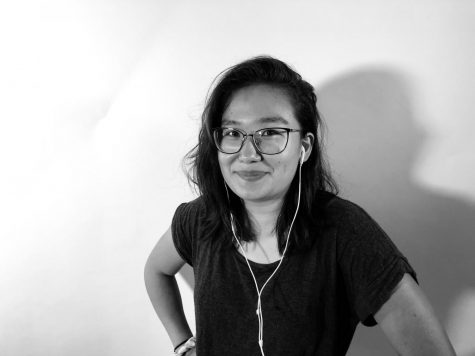
Emme has spent far too long working on her staff profile and should do something at least a little more productive... I think she's going to go work on...





